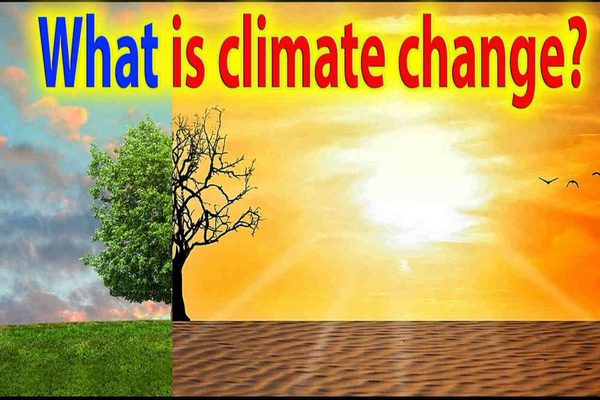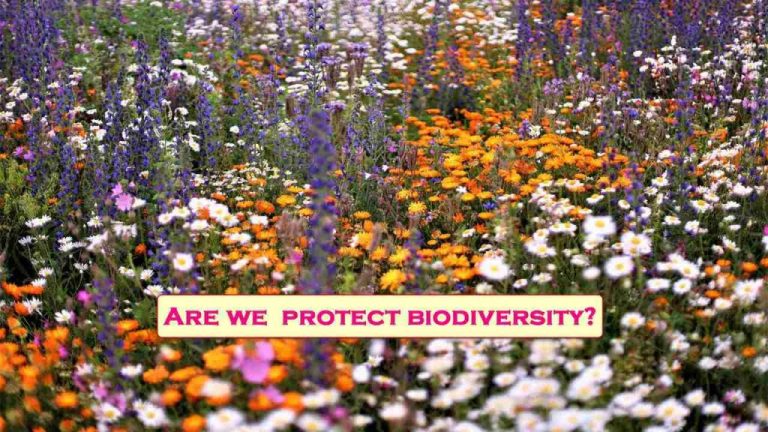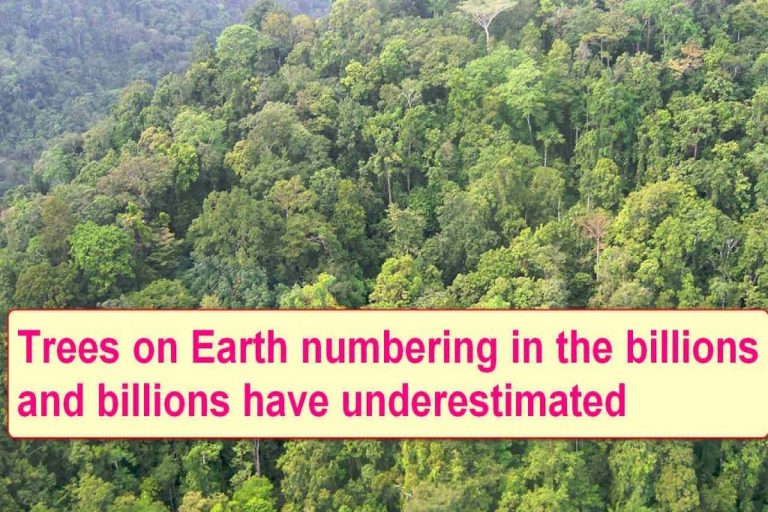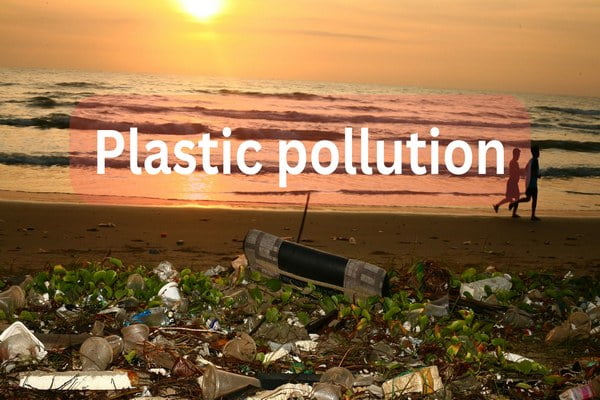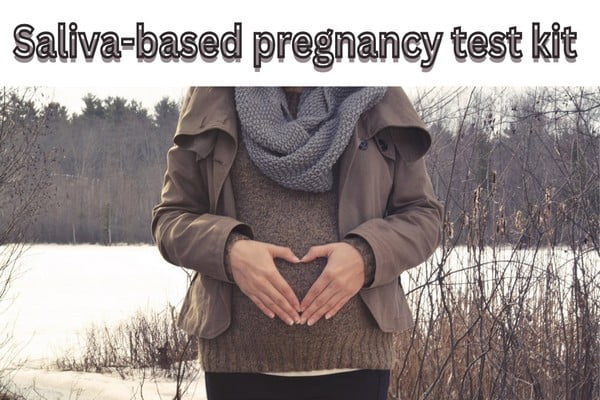What exactly is climate change? Everyone Should Know This!
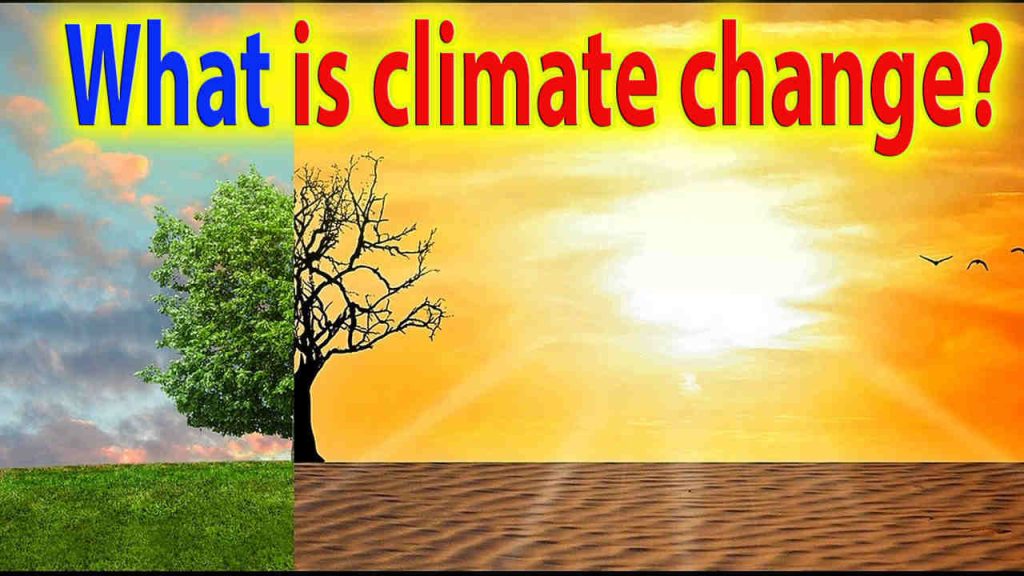
So, what exactly is climate change?
Climate is the long-term average of the weather in a location. Those average circumstances are changing as a result of global warming.
Carbon dioxide is the primary greenhouse gas released when these fossil fuels are burned (CO2). The planet’s temperature rises as a result of the Sun’s heat being trapped by these gases.
The planet is currently 1.2 degrees Celsius warmer than it was in the nineteenth century, and atmospheric CO2 levels have climbed by half.
Human use of oil, gas, and coal for heating, manufacturing, and transportation has resulted in a dramatic acceleration of climate change.
Temperatures around the world are climbing as a direct result of human activity, and the effects of climate change are now affecting every aspect of the human existence.
The planet is warming up!
In the absence of action, experts predict that global warming will rise over 4 degrees Celsius, resulting in severe heatwaves, the displacement of millions due to rising sea levels, and the extinction of entire plant and animal species.
Climate change impacts
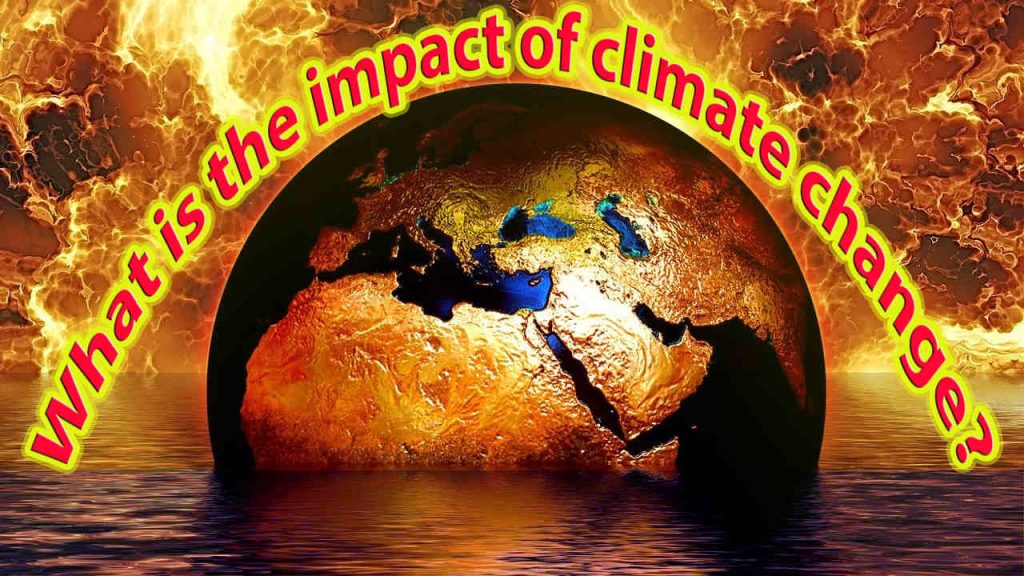
Already, extreme weather events are becoming more severe, endangering lives and livelihoods.
Some locations might become uninhabitable when cropland becomes desert as a result of increasing warming. In some locations, excessive rainfall is creating record floods, as was recently observed in China, Germany, Belgium, and the Netherlands.
People in impoverished nations would suffer the most since they lack the financial resources to adapt to climate change. Many farmers in developing nations are already subjected to extreme heat, and the situation will only worsen in the future.
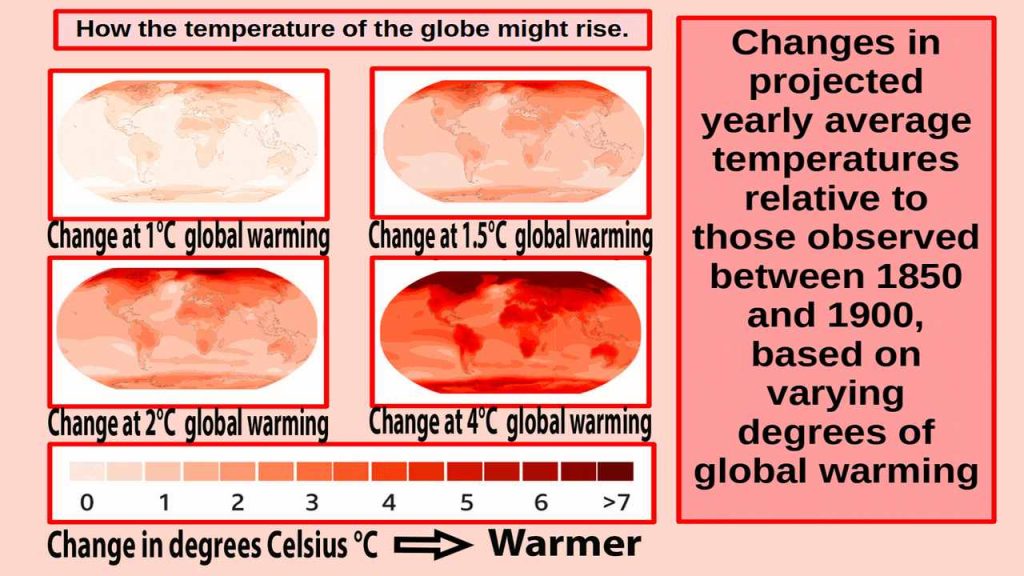
How will natural habitats and resources be in danger in the face of climate change?
The health of our seas and the ecosystems they support are also in jeopardy. Because of the warmer oceans caused by climate change, the Great Barrier Reef in Australia has already lost half of its coral since 1995.
If we don’t do something, at least 550 species will be extinct by the end of this century, according to scientists. There is also a threat to our seas and their habitats. Climate warming has caused the Great Barrier Reef in Australia to lose half of its coral since 1995.
Animals will have a more difficult time finding the food and water they require as the climate warms. If the ice that polar bears depend on melts, for example, they might go extinct, and elephants might have trouble getting the 150–300 liters of water they need every day.
As climate change makes it more likely that it will be hot and dry, wildfires are happening more often. The release of long-trapped greenhouse gases into the atmosphere will exacerbate the effects of climate change in locations like Siberia when the Earth begins to thaw.
If nothing is done to stop it, catastrophic warming will cause droughts to get worse, the sea level to rise more, and a lot of species to go extinct.
We have a big problem, but there may be ways to fix it.
What would be the impact on various regions of the world?
Various parts of the world are feeling the consequences of climate change in different ways. In some locations, temperatures will rise faster, while in others, rainfall will be heavier and droughts will be worse.
The following consequences can be expected if the temperature rises by more than 1.5 degrees Celsius.
- Extreme rains will put the United Kingdom and the rest of Europe at risk of floods.
- Extreme heatwaves in the Middle East may convert cropland into deserts.
- Coastal islands in the Pacific Ocean are at risk of disappearing due to sea-level rise.
- Droughts and food shortages are expected in several African countries in the next few years.
- There is a good chance of drought in the western United States, but storms will be more powerful in other regions.
- Extreme heat and drought are expected to hit Australia in the near future.
Climate experts issue a warning!
In the absence of action, experts predict that global warming will rise over 4 degrees Celsius, resulting in severe heatwaves, the displacement of millions due to rising sea levels, and the extinction of entire plant and animal species.
What are the responsibilities of each individual to resolve the issue?
Experts say that governments and businesses need to take the lead, but that we can all do our part by making a few simple changes to our daily lives.
- Avoid the need for a car altogether or switch to an electric vehicle.
- To save energy, fly less.
- Make sure your house is well insulated.
- Washing machines that use less energy should be purchased when they need to be replaced.
- Use an electric heater in place of a gas heater.
What can be done by the government to reduce the effects of global warming?
- In the 2015 Paris Climate Agreement, countries agreed to work together to limit global temperatures to 1.5 degrees Celsius.
- Many countries have vowed to achieve net-zero emissions by the year 2050. Emissions must be minimized.
- Governments, corporations, and individuals are willing to make a lot of adjustments to achieve this task.

